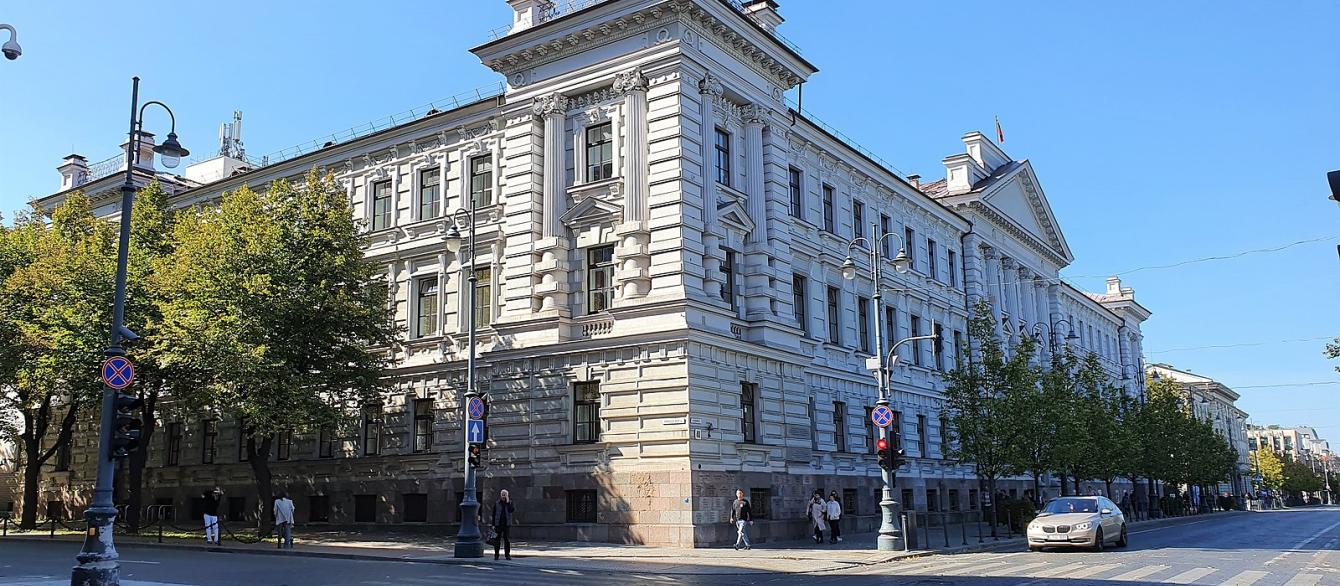One of the founding historical myths of Lithuania focuses on the fight of the "Forest Brothers" for Lithuanian independence against Soviet power; continued resistance to the regime is a pillar of the conception of the Lithuanian nation and its survival despite the reign of foreign powers for the better part of the 20th century. This reverses previous Soviet myths about the opposition between Communists and "bandits" in Lithuania, as well as Soviet narratives about other political opponents in the Lithuanian SSR over the duration of its existence. The new historical accounts highlight the role of individual Forest Brothers and dissidents; these narratives cast them in relief against an almost monolithic Soviet state. Besides a few particularly prominent informers, individual collaborators are little discussed in public historical discourse. But the fight against Lithuanian guerrillas, dissidents, and political opponents was carried out not by a machine but by many, many individuals. The research undertaken by Lithuanian scholars at the Lithuanian Special Archives, as well as by foreign scholars, helps to unveil a little bit about the armed and civilian secret agents of Soviet rule in Lithuania. Who were these people and why did they cooperate with the regime? How did the Soviet state find, organize, and manage them? Our roundtable seeks to investigate some of the current research on agents and informers, revealing the mechanisms behind state control, as well as the lives of the individuals who came to be a part of the state machine throughout the period of Soviet rule. At a time of great political insecurity and turbulence across Eastern Europe and of armed conflict, it is particularly important to understand how, historically speaking, individual people have come to join armed special forces or to become informers and other secret state agents.
PLEASE NOTE: THIS DISCUSSION WILL BE HELD IN RUSSIAN.
Sponsorship
Genocide and Resistance Research Center of Lithuania
Accessibility
The Davis Center for Russian and Eurasian Studies at Harvard University encourages persons with disabilities to participate in its programs and activities. If you anticipate needing any type of accommodation or have questions about the physical access provided, please contact us at 617-495-4037 or daviscenter@fas.harvard.edu in advance of your participation or visit. Requests for Sign Language interpreters and/or CART providers should be made at least two weeks in advance if possible. Please note that the Davis Center will make every effort to secure services but that services are subject to availability.




